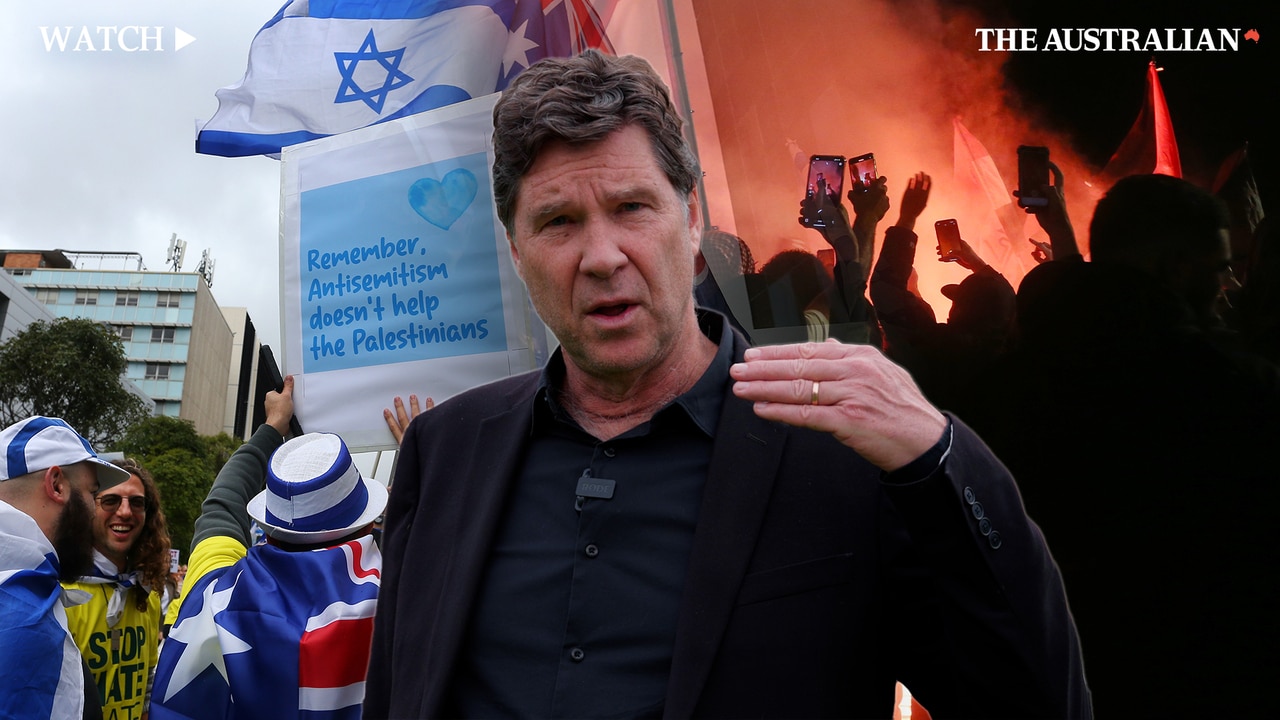
The ceasefire deal in Gaza is riddled with risk and uncertainty, but this is still a stunning moment for Israel and for the Middle East because it finally sets a viable roadmap to end this catastrophic conflict.
Yet the journey to any permanent peace is certain to be a bumpy one because this progressive, stage-by-stage ceasefire deal contains many unresolved issues that could at any point lead either Hamas or Israel to disavow it.
Even so, this deal is unambiguously good news for Israel, the hostages, and the civilians in Gaza who will finally get a reprieve from the misery that their Hamas rulers inflicted on them by starting the war.
For Israel, the timing of the ceasefire deal is welcome and overdue. Israel’s attacks on Hamas in Gaza during the past two months have delivered it almost zero strategic advantage over the terror group, which has already been destroyed as a coherent military force. These ongoing sporadic but deadly attacks have served only to deliver more misery to the Palestinian people and more casualties to the Israeli military.
Yet Israel, understandably, could never accept a ceasefire without a deal to release the roughly 60 living Israeli hostages still held by Hamas.

For Hamas, the ceasefire/hostage deal was the only viable option to retain what little remains of the militant group after a disastrous 15 months that have seen its leaders killed, its fighting force crushed and its former sponsors, Hezbollah and Iran, humbled by Israeli forces.
US President Joe Biden and his incoming successor, Donald Trump, have both tried to claim credit for the ceasefire deal, proving the adage that success has many fathers. Yet there is little doubt that Trump’s threat that “all hell will break out” if hostages were not released by the time of his inauguration next week was a key trigger in the final breakthrough.
The new Trump administration is likely to pressure both Israeli Prime Minister Benjamin Netanyahu’s government and Hamas to stick to the spirit of the deal in each phase and ultimately to agree to a permanent ceasefire.

The first stage of the deal, in which some 33 live hostages are released over six weeks while Israeli forces gradually withdraw their troops eastwards, allowing for the return of Palestinians to their homes and a large influx of aid, should be achievable without undue drama.
The difficulty comes in the second phase, which calls for the release of all remaining Israeli hostages in return for Palestinian prisoners as well as the complete withdrawal of Israeli soldiers from Gaza and a permanent ceasefire.
Israel and Hamas are still at loggerheads over the declaration of a permanent ceasefire and the full withdrawal of Israeli troops as well as other key details. This is the most risky part of the three-stage deal and if it falls apart, this is the most likely trigger-point.
The third stage, which calls for the return of the bodies of remaining hostages and the start of a major reconstruction of Gaza, supervised by Egypt, Qatar and the UN, is also problematic because there is still no agreement on which entity would administer Gaza in this phase.
Israel has said it will not tolerate Gaza being controlled by the remnants of Hamas or by the corrupt Palestinian Authority and no detailed plan for the future of Gaza has been hatched that is remotely acceptable to all sides.
But the ceasefire deal, if it holds, will have huge geostrategic benefits for Israel beyond Gaza.

It is likely to trigger the resumption of talks to normalise relations between Israel and Saudi Arabia – a move that will be backed by Trump and the success of which would further undermine Iran’s influence in the region.
The deal may also signal the end of the spasmodic missile and drone attacks on Israel by the Houthi terrorists in Yemen, which the Houthis said would continue as long as the war in Gaza did.
Most importantly, the deal paves the way for the safe return of surviving hostages – a deep wound in Israel’s psyche – and for an end to the cycle of violence that has engulfed the region since the Hamas massacre of Israelis on October 7, 2023.
And on the homefront, let’s hope the deal helps put an end to the disgraceful harassment of Jews by anti-Israeli activists.



